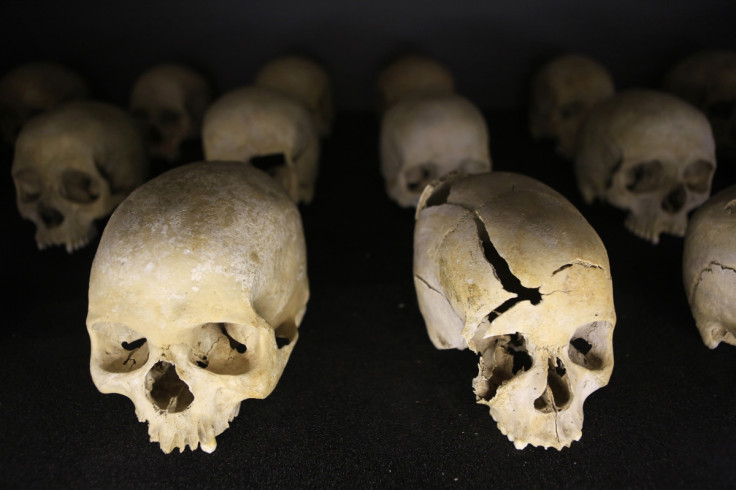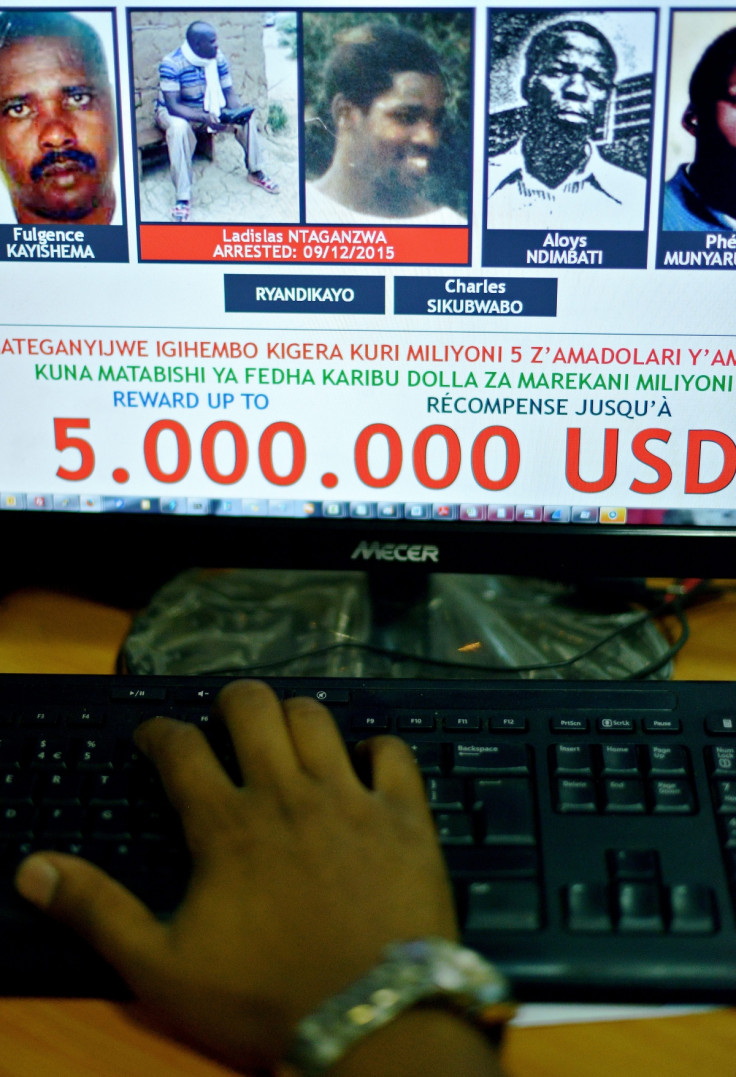Return fugitives in exchange for 'most wanted' man, DRC tells Rwanda

Rwanda has been warned to "respond very clearly" to arrest warrants from the Democratic Republic of Congo (DRC) if it is to secure the extradition of one of the most wanted suspects in the 1994 genocide. Ladislas Ntaganzwa stands accused of organising mass rapes and "substantially participated in the planning, preparation and execution of the massacre of over 20,000 Tutsis" over a four-day period, according to the International Criminal Tribunal for Rwanda (ICTR). Kigali is seeking his return to stand trial for his part in the slaughter.
Ntaganzwa's capture by Congolese authorities in Rushihe during a raid on the local headquarters of the Democratic Forces for the Liberation of Rwanda (known by its French acronym FDLR) appears to have become a source of leverage for the DRC in order to have fugitives repatriated. "We want Rwanda to respond very clearly this time to the arrest warrants that we have addressed to Rwanda against individuals who have done harm to our country and who circulate freely in Kigali [the Rwandan capital]," DRC's justice minister, Alexis Thambwe told Reuters. He did not specify the number of outstanding extradition requests.
Despite the demand, Thambwe said that the DRC is prepared to return Ntaganzwa to Rwanda, but that Kinshasa also wants action on its requests. Rwandan justice minister, Johnston Busingye said: "Ladislas is the subject of [an] international arrest warrant" and added that he would be "surprised" if it escalated into a "local court issue".

According to the UN, the FDLR "is the largest illegal foreign armed group operating in the DRC. While there is currently a growing number of Congolese among their ranks, the group is primarily formed from members of the Rwandan government and army ousted in 1994 as well as Rwandan refugees." The FDLR comprises key members of the 1994 Rwandan Genocide in which 800,000 Tutsis and moderate Hutus were killed in just 100 days by Hutu extremists. Following the bloodshed, over 2 million Rwandans are thought to have fled across its porous border with neighbouring DRC. Among them were génocidaires, or perpetrators of genocide, who regrouped in eastern DRC, destabilising the region.
After two decades of prosecuting perpetrators of the genocide, the ICTR is winding up its activities and handed Ntaganzwa's case to Rwanda. The tribunal – established by the UN – has indicted 93 individuals for serious violations of international humanitarian law, of which 61 were sentenced.
It remains unclear whether anyone will receive the £3.28m (€4.55m, $5m) bounty on Ntaganzwa. The 53-year-old is being held in the eastern city of Goma and will be transferred to Kinshasa. He is among the nine most wanted fugitives over the genocide.
Others include: Felicien Kabuga, who allegedly funding the mass slaughter, Protais Mpiranya, former commander of the Presidential Guards accused of the sexual assault and killing of Rwandan Prime Minister Agathe Uwilingiyimana as well as the murder of 10 Belgian UN peacekeepers and former Defence Minister Augustin Bizimana, accused of facilitating the genocide in a number of capacities.
© Copyright IBTimes 2025. All rights reserved.






















